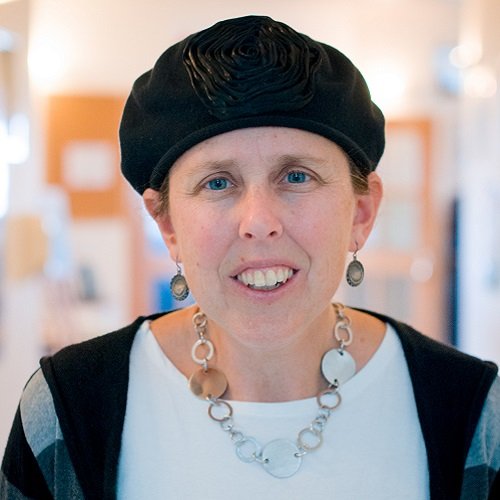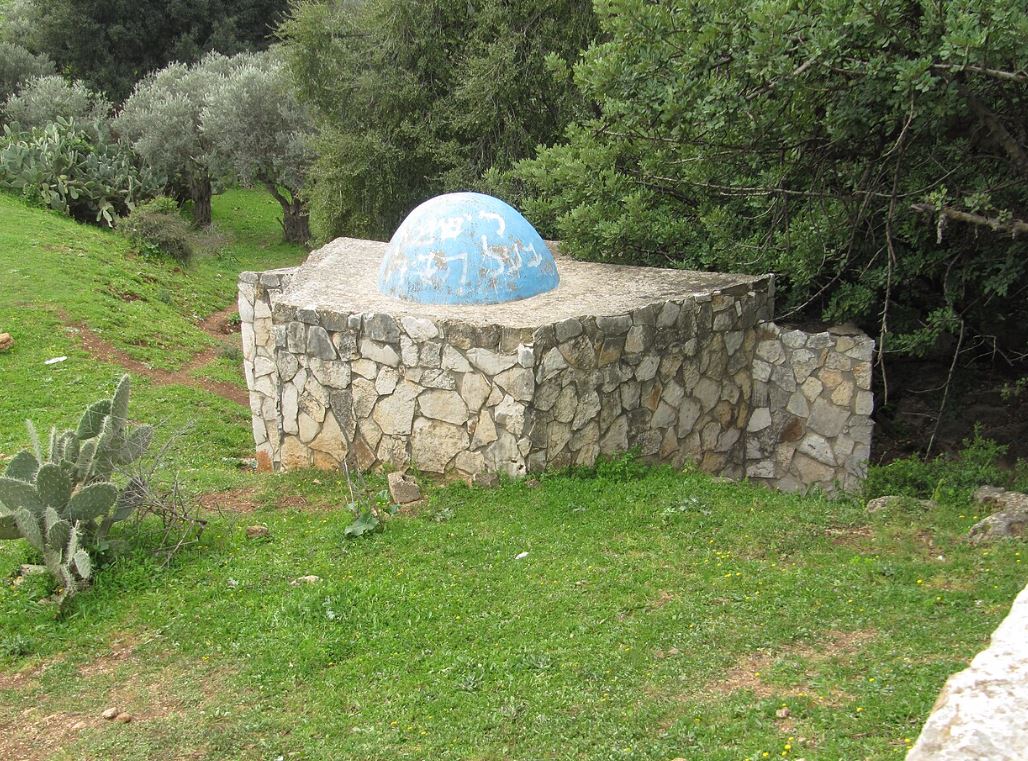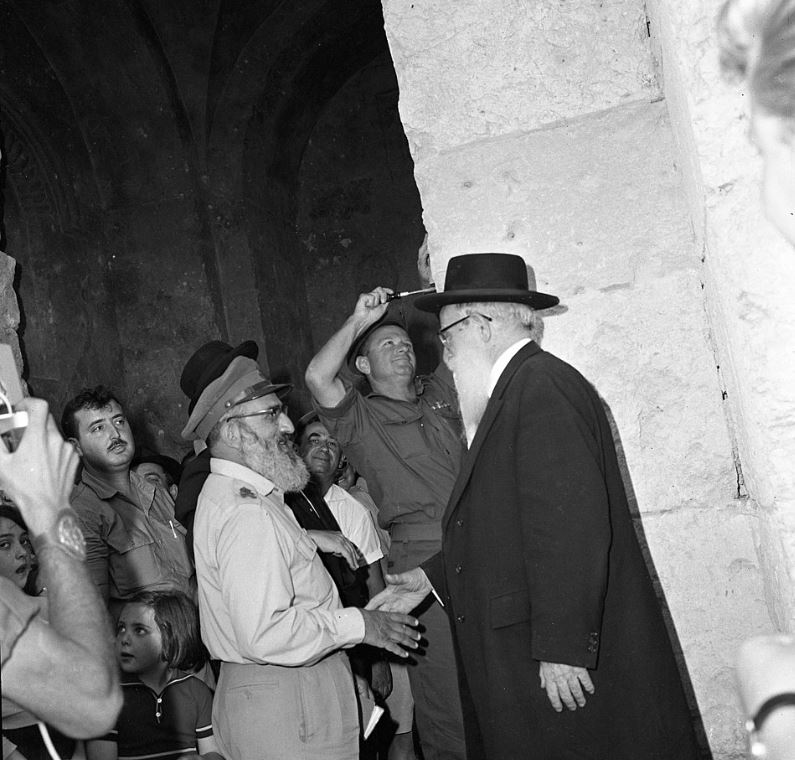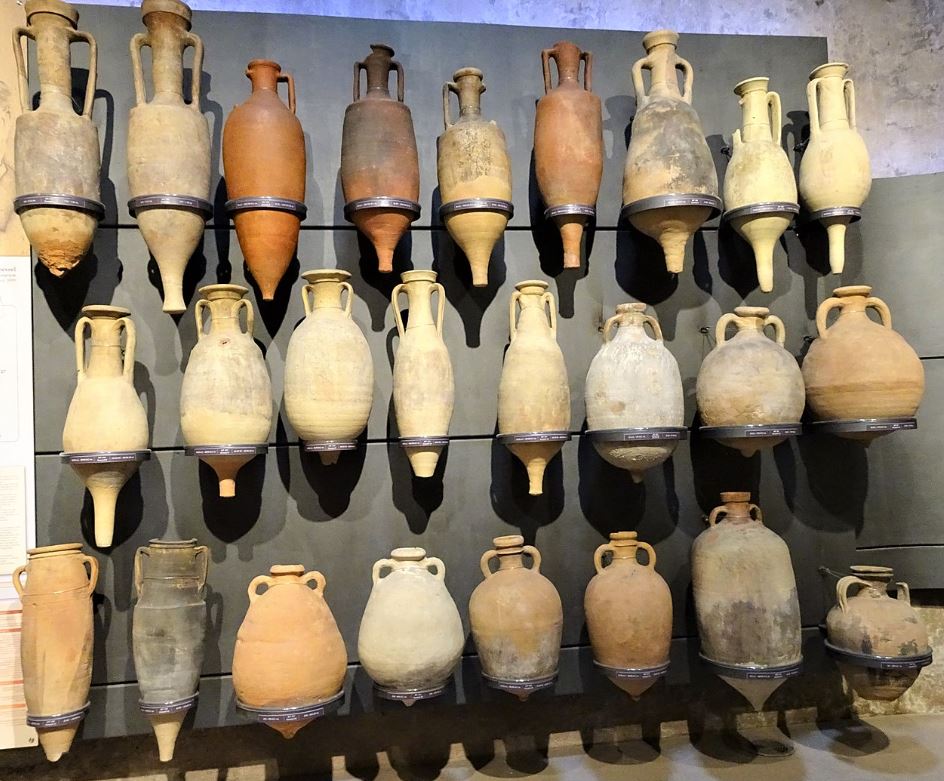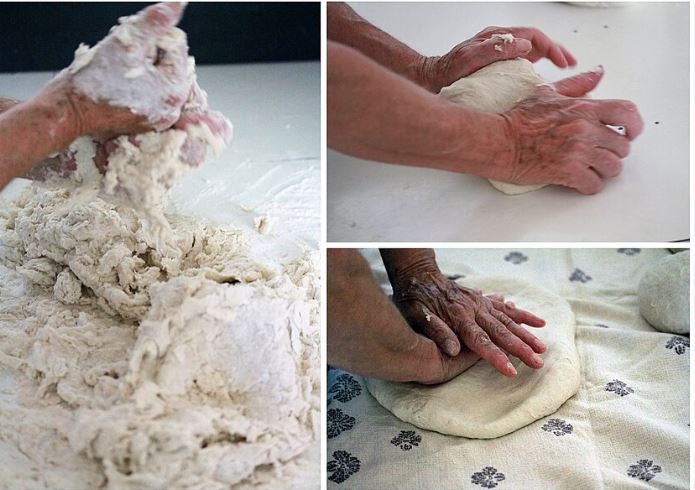A guardian of orphans seems to be taking advantage of his position. The concerned relations come before the man responsible for money matters in the city, Rav Nahman. He hears them out but offers various reasons why the guardian may actually be acting correctly. But when the relatives show that he is indeed squandering the orphans’ money, Rav Nahman does not hesitate to act and to remove the guardian from his position. (Gittin 52)
Rav Nahman’s word is law in this situation, although he is ultimately convinced by the relations. His name is a prominent one in the Gemara and it appears in many different contexts, both in halacha and aggada. What do we know about him?
Rav Nahman was a Babylonian amora, belonging to the second generation of scholars. He seems to have lived a long life, from the early third to the early fourth centuries. At first he lived in Nehardea but when that city was destroyed he eventually ended up in Mahoza.
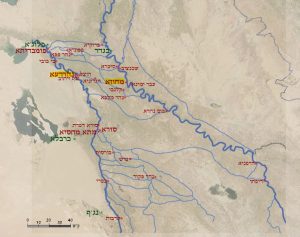
The main Jewish towns in Babylonia, Nehardea and Mahoza are highlighted
יהונתן, CC BY-SA 3.0 <https://creativecommons.org/licenses/by-sa/3.0>, via Wikimedia Commons
Rav Nahman’s father Yaakov was a scribe in the court of the great early amora Shmuel, in Nehardea. We have a fascinating “fly on the wall” testimony from the young Nahman:
“Rav Naḥman said: My father was one of the scribes of the judges of Mar Shmuel, and I was about six or seven years old, and I remember that they made an announcement, saying: Those deeds of transfer that are found in the marketplace should be returned to their owners” (Bava Metzia 16b)
Rav Nahman’s main teacher was Rava bar Avuha who may or may not have been the Exilarch and may or may not have been Rav Nahman’s father-in-law. His contemporaries, both in the Land of Israel and in Babylonia, are among the great names of the Gemara: Rav Huna, Rav Sheshet, Rav Yehuda, Rami bar Hama, Rabbi Zeira, Rabbi Ami and Rabbi Asi and more.
As befits someone who grew up among judges, Rav Nahman went on to become one of the most important authorities in monetary cases. He is considered a מומחה, an expert (Sanhedrin 5a) and the halacha goes according to him in those cases (Ketubot 13a). Some of the rules that judges follow in monetary law come directly from Rav Nahman. One is an obligation for a defendant to take an oath if he completely denies that he owes the claimant money. Another is a principle which sounds like “might makes right,” but is more subtle than that: the strong one wins כל דאלים גבר. The idea here is that a person who knows that something rightfully belongs to him will stop at nothing to bring proofs and get what is his, while the pretender will eventually give up.
Rav Nahman was aware of his preeminence in the field of monetary disputes, as can be seen in the following statement, regarding a dispute he had with Rav Yehuda:
“everyone is like a child relative to me with regard to monetary laws” (Bava Metzia 66b)
To be fair, the Gemara brings another version of the story where Rav Nahman acknowledges Rav Yehuda’s seniority and admits that his opponent is correct. Rav Yehuda and Rav Nahman clash again in a rather strange and lengthy tale in Kiddushin (70a). While Rav Nahman is a prominent jurist in Nehardea, Rav Yehuda is the head of the yeshiva in Pumbedita. When Rav Yehuda excommunicates a rude man, he is summoned to Rav Nahman’s court. Their encounter seems to be a case of two people who are coming from different worlds and (literally) speaking different languages. Rav Yehuda attacks Rav Nahman at every turn, doubting his knowledge of halacha and criticizing his choice of words. He picks on each phrase that Rav Nahman uses, asking why he does not use the more common word or the old Hebrew word. He also repeatedly cites their common antecedent, Shmuel, showing that Rav Nahman does not follow Shmuel’s halacha. We know that Rav Yehuda is a champion of Hebrew, (see his statement that one should not pray in Aramaic in Sotah 33a); perhaps that is why he is so picky about Rav Nahman’s language. However, there seems to be more going on here. According to Rabbi Benny Lau, the story seems to show a clash between the values of Pumbedita, a more humble and Torah-oriented place, and Nehardea, a wealthier, more cosmopolitan city closer to the ruling authorities. Each rabbi wants to show that he is the worthy successor to Shmuel.
Rav Nahman was not only a prominent judge but also a formidable force in the world of aggada. He is the one who explains the origins of the various blessings in the Birkat haMazon, telling us who originated each one:
“Rav Naḥman said: Moses instituted for Israel the first blessing of: Who feeds all, when the manna descended for them and they needed to thank God. Joshua instituted the blessing of the land when they entered Eretz Yisrael. David and Solomon instituted the third blessing: Who builds Jerusalem, in the following manner: David instituted “…on Israel Your people and on Jerusalem Your city…” as he conquered the city, and Solomon instituted “…on the great and Holy Temple…”” (Berachot 48b)
Whether or not Rav Nahman’s father-in-law was the Exilarch is unclear but we do know that he was connected to the Exilarch’s house and was wealthy and powerful. His wife Yalta was aristocratic and confident and will be the subject of a separate post. As befits a wealthy man in a position of power, sometimes he came off as arrogant but other times he was benevolent to those less fortunate than him. He brushes off a woman who accuses him of stealing wood for his sukkah (Sukkah 31a) but teaches another unfortunate woman how to retrieve her mother’s ketubah money (Ketubot 86a).
Rav Nahman was surrounded by strong women. Yalta was a powerful presence in their household and his daughters seem to have had this quality of presence of mind as well, see the strange story of them in captivity on Gittin 45a. Perhaps because of his outspoken wife, he has some contradictory attitudes about women. On the one hand he dislikes arrogant women. He points out that both Deborah the judge and Huldah the prophetess were arrogant and therefore they deserved their “ugly” names (bee and mole, respectively). On the other hand, in talking about Avigail and her machinations to save King David, he says that איתתא בהדי שותא פילכא, a woman spins as she talks, i.e., she is always thinking of the next step and hatching her plans (Megillah 14b).
Rav Nahman was well aware of his own worth. In a discussion about the Messiah, he states that if the Messiah is among the living, he is like me (Sanhedrin 98b). However, he balanced that confidence with a heavy dose of humility, understanding that it was only because of his Torah knowledge that he was respected and treated well:
“He said: If not for the Torah, how many people named Naḥman bar Abba would there be in the marketplace?” (Kiddushin 33a)
Power and wealth on the one hand, humility and respect for Torah and his fellow man on the other – Rav Nahman had to walk a fine line in his work as a judge and a scholar.

Wesley Tingey, UnSplash


